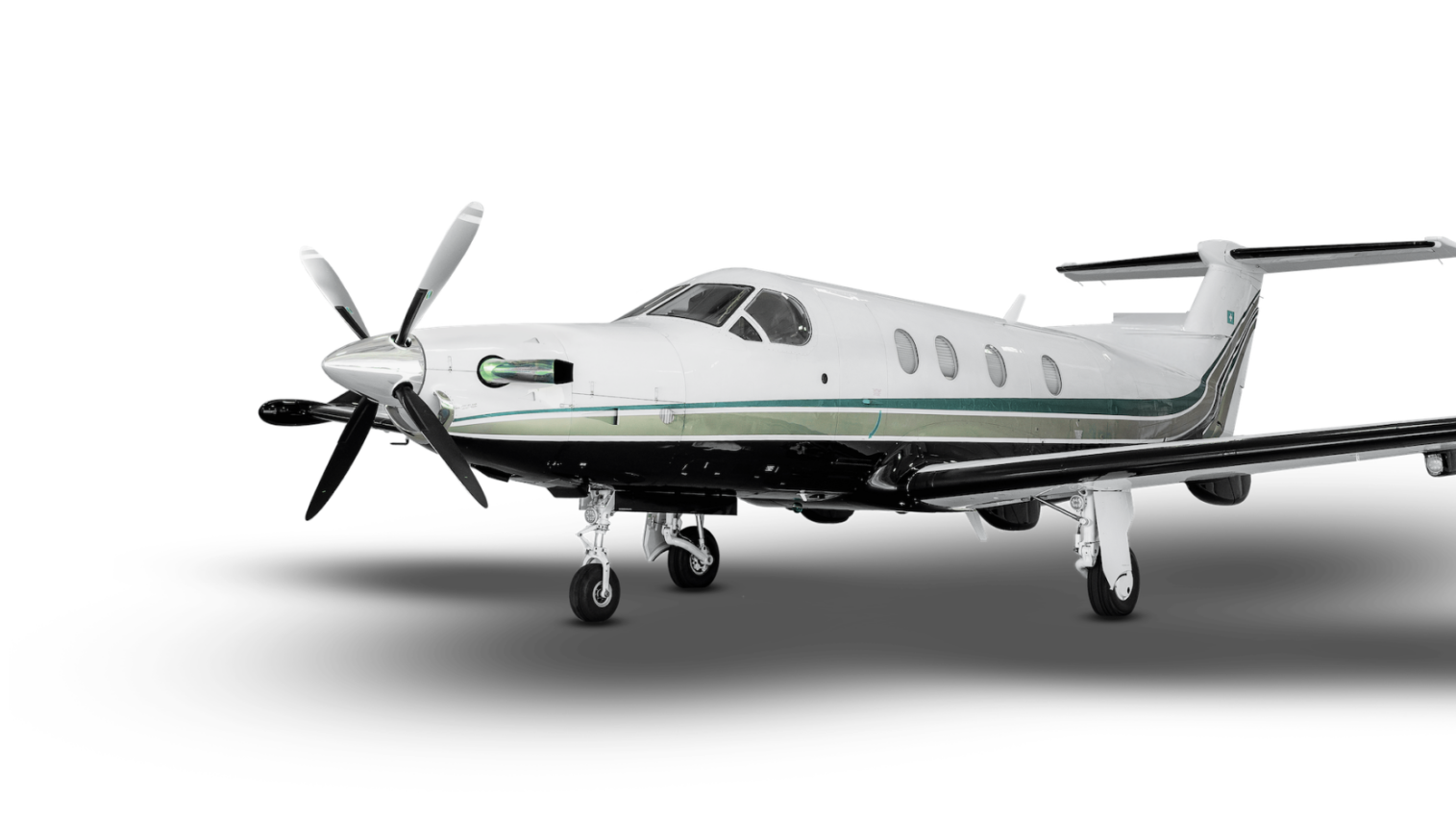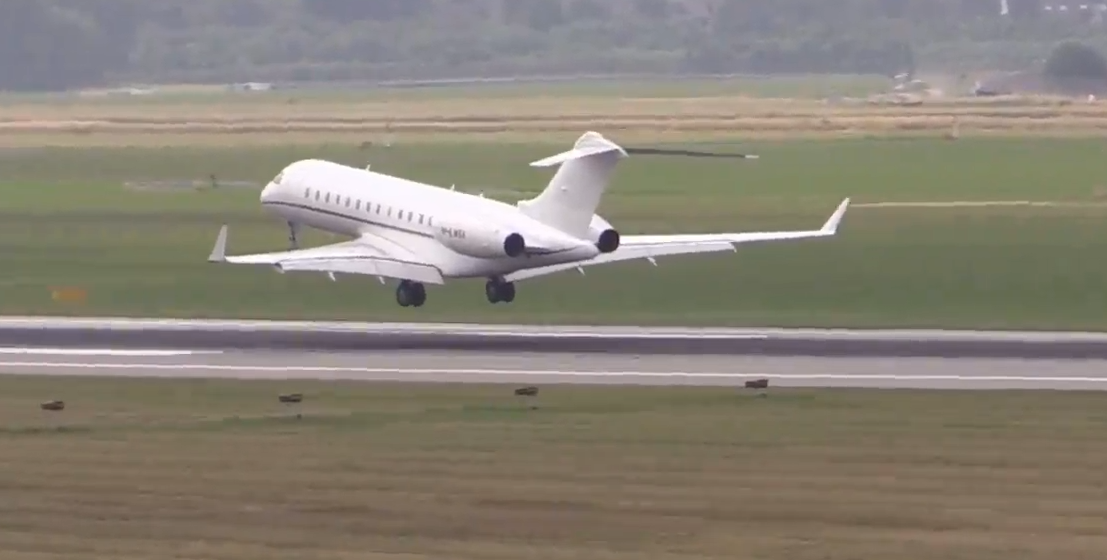
Corporate Angel Network supports cancer patients by sourcing empty seats on private jet flights from participating private jet owners and operators.

Together Corporate Angel Network (CAN) and NetJets have flown more than 55,000 patient flights since it was founded in 1981. Now NetJets has increased its involvement by providing CAN access to its Ferry Finder software, which will help expand the number of cancer patient flights CAN arranges per month.
“Corporate Angel Network is an extraordinary organization that makes it possible for patients with cancer to get the life-saving treatment they need. As a parent, I can only imagine how devastating it is to care for a sick child while dealing with the many challenges and obstacles that can interrupt access to medical care,” Adam Johnson, chairman and CEO of NetJets, said in a statement. “It is our privilege to support the incredible efforts of Corporate Angel Network by providing expanded access to flight operations.”
“NetJets repositions approximately 200-250 flights per month,” added Astrid Reynolds, program development director for Corporate Angel Network. “So, this opportunity to access those flights could possibly double our patient flight numbers. NetJets has also established a ‘corporate match’ program, where NetJets will match any hours donated by individuals or corporations up to 50 hours per year.”
NetJets has arrangements in place with its major hotel partners Hyatt, Hilton and Marriott, and car service provider Savoya, to provide discounts and help patients avoid out-of-pocket expenses when an overnight stay is required to utilize an available flight. Reynolds said that this is a critical element of the valued partnership between NetJets and CAN.
One example of this partnership was a patient flight arranged by CAN, and flown by NetJets, when the patient needed to get to a medical center in Duarte, CA from Houston, TX, and had just undergone treatment that rendered his immune system compromised.
“This man was at a crossroads, and there was a clinical trial that could potentially save his life, but he needed to get there immediately and could not fly commercially,” Reynold said. “Because of this partnership, a flight was secured within hours and he was able to enroll in the trial; we are pleased that we can report that he is doing very well today.”
Without the generous assistance of the business aviation community, the CAN mission could not take place, Reynolds explained.